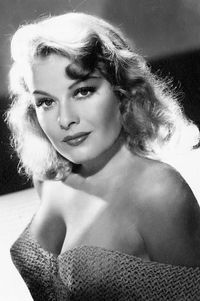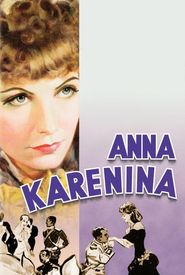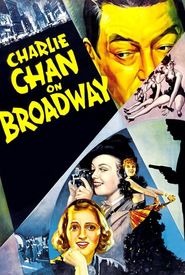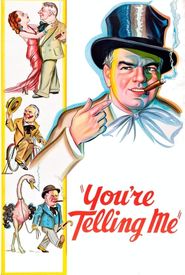Joan Marsh was a vibrant, blonde actress with striking blue eyes, reminiscent of the iconic Jean Harlow. Born into a Hollywood family, her father, Charles Rosher, was a cinematographer who worked on Mary Pickford films, where Joan appeared as a child under the name Dorothy Rosher.
As she grew older, Joan began to pursue her passion for acting, participating in amateur dramatics, although she didn't receive formal training. However, her exceptional speaking and singing voice caught the attention of The Times in 1929, a crucial period as sound pictures were becoming the norm.
Joan's big break came when she was signed by Universal for King of Jazz in 1930, adopting the stage name Joan Marsh. Throughout the 1930s and into the mid-1940s, she remained a busy actress, alternating between leading and supporting roles. One of her most notable performances was opposite Warner Oland in Charlie Chan on Broadway in 1937, as well as her role as Dimples in Road to Zanzibar in 1941.
Under contract to MGM, Joan also appeared in two Greta Garbo films, Inspiration in 1931 and Anna Karenina in 1935. In lighter fare, her characters often had whimsical names like Beanie, Toots, or Cuddles. Additionally, Joan was an accomplished dancer, particularly skilled in the Charleston and Black Bottom. She showcased her dancing abilities in the 1936 film Dancing Feet, performing a ballroom routine with Edward J. Nugent.
Joan's talent extended beyond the screen, as she replaced Beatrice Lillie as the hostess of the musical variety show Flying Red Horse Tavern on radio in 1936. She also provided vocals for Lennie Hayton's Orchestra.
In her personal life, Joan was married twice, first to screenwriter Charles Belden and then to Captain John Morrill of Army Air Transport Command.
Outside of acting, Joan enjoyed horse riding, tennis, and golf as hobbies. She eventually retired from acting in 1944, after her final film for Poverty Row outfit Monogram. In later years, Joan owned a Los Angeles-based stationary business, Paper Unlimited.














































